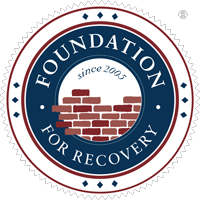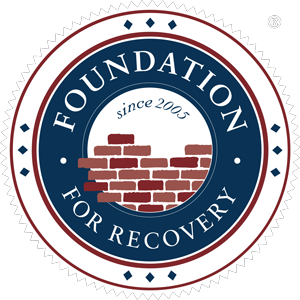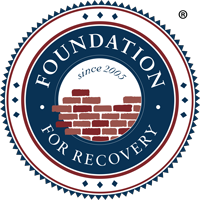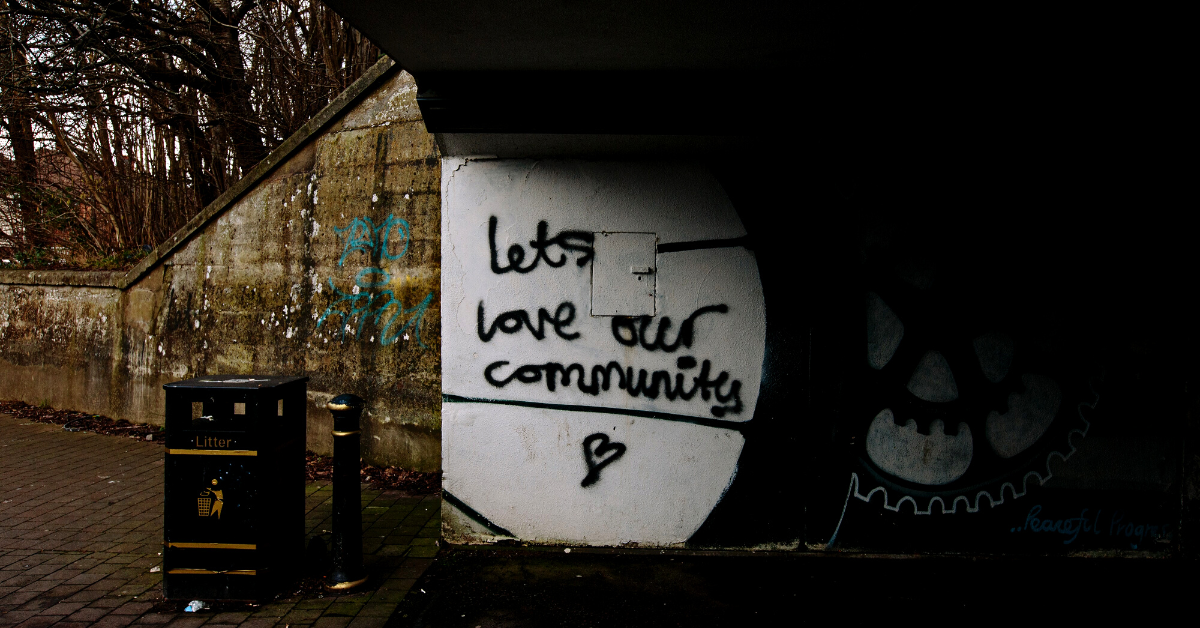Many artists in the music industry have made careers out of glamorizing addiction and drug use in Hollywood. Katy Perry, however, speaks out against drug use and addiction in her single “Circle the Drain” from her #1 selling album Teenage Dream.
She writes, “I thought I was the exception/ I could rewrite your addiction/ You could’ve been the greatest/ But you’d rather get wasted.” It is highly speculated that these lyrics are directed at her ex boyfriend Travis McCoy—who has a strong history of substance abuse. The frustration and hopelessness that Katy expresses in the song is easily identifiable for many friends and family members of addicts.
She ultimately confesses, “[I] can’t be your savior, I don’t have the power/ I’m not gonna stay and watch you circle the drain.” Ultimately, Katy Perry left Travis McCoy and is now engaged to British comedian, Russell Brand. “Circle the Drain” exemplifies the impact that substance abuse has on interpersonal relationships and the need for recovery not only in the music industry but in every layer of society.



